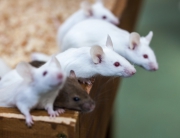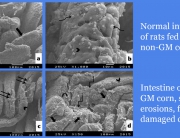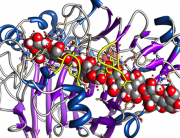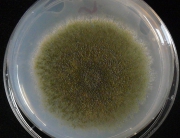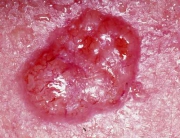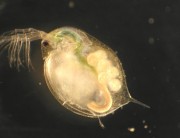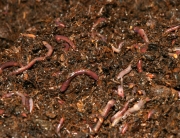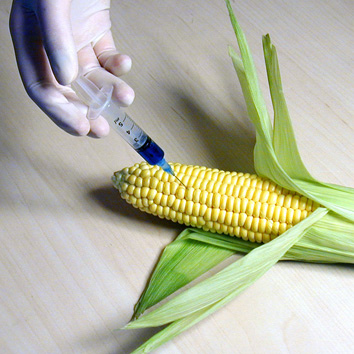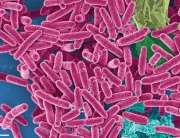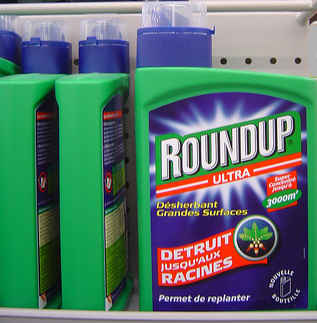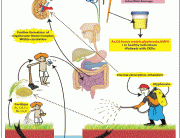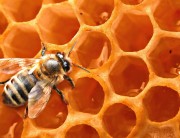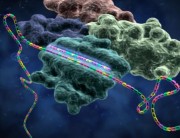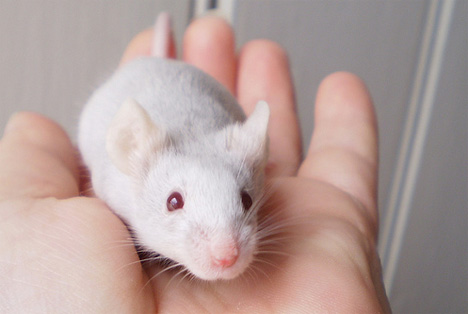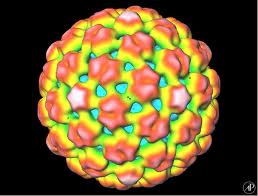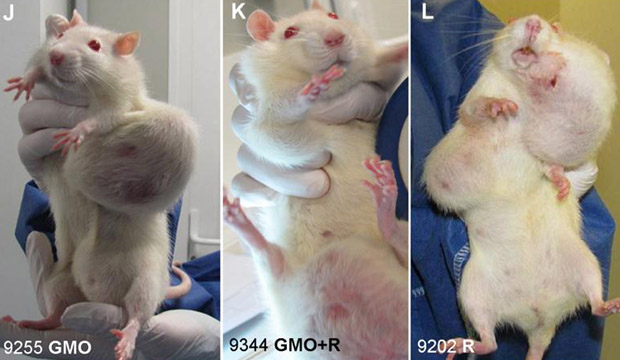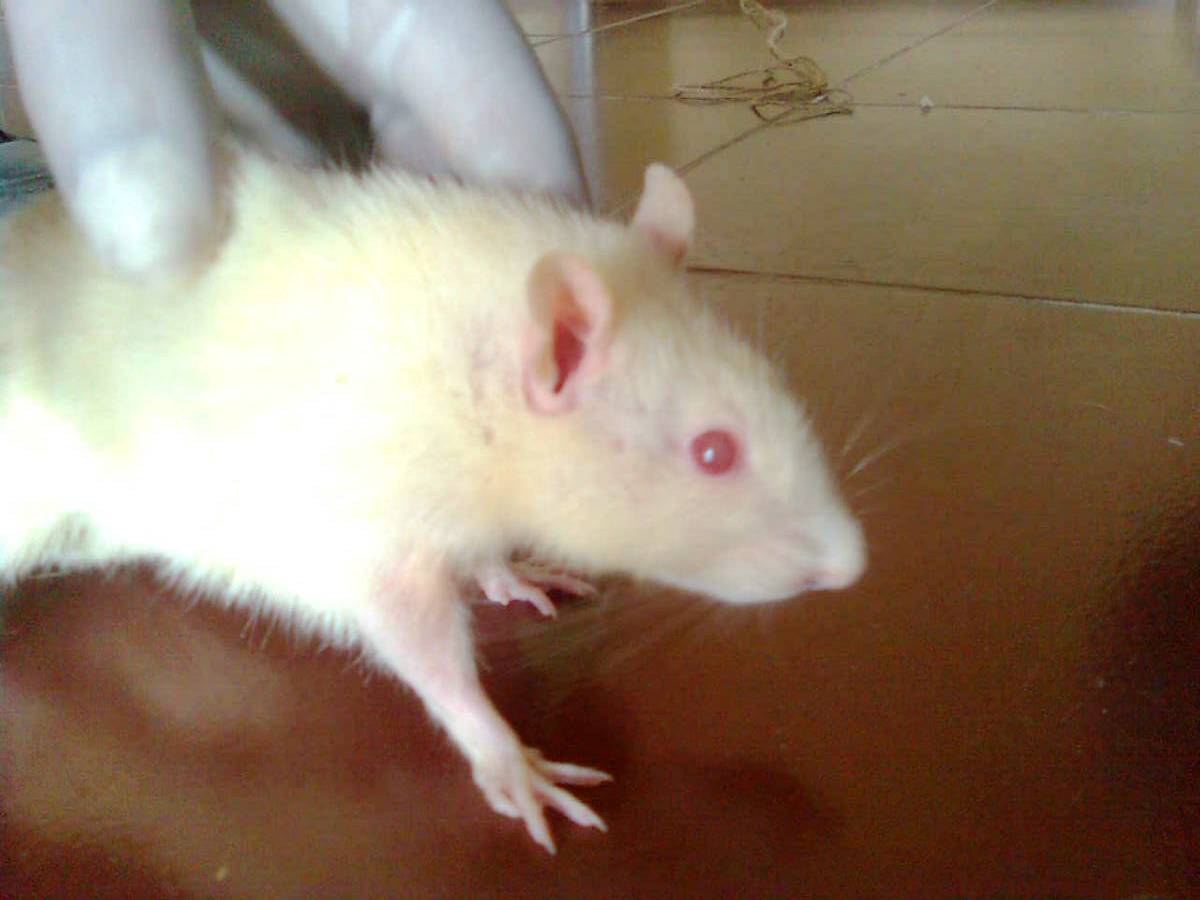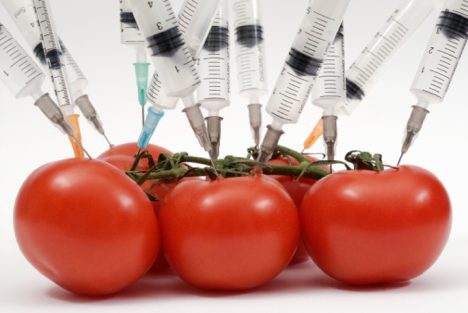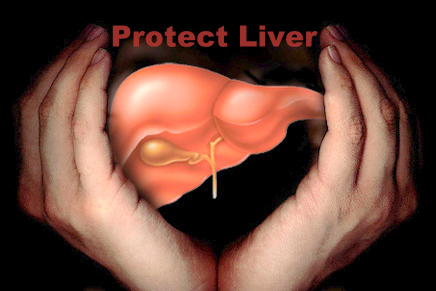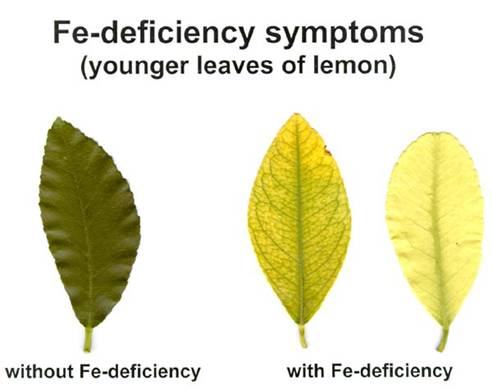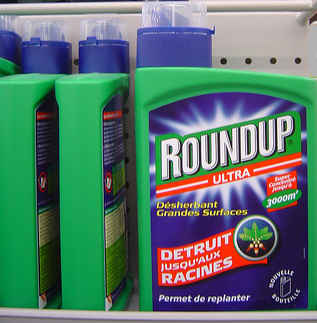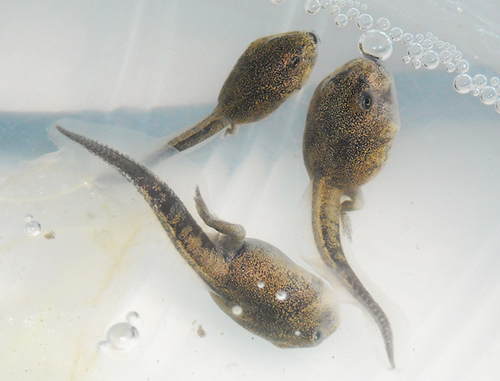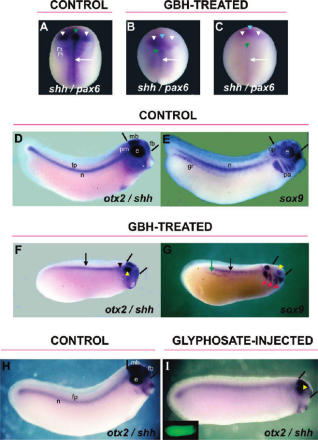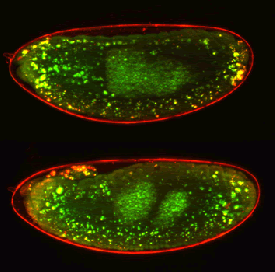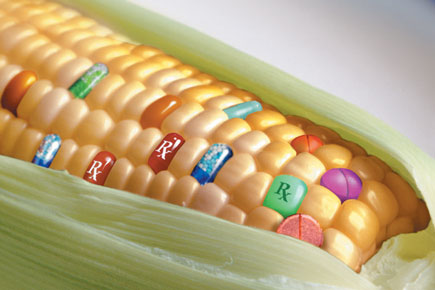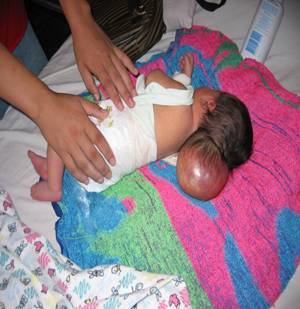A new study from Brazil shows that Roundup disrupts male reproductive function in rats at low doses.
Find Full Paper Here: ncbi.nlm.nih.gov
Roundup Disrupted Male Reproductive Functions By Triggering Calcium-Mediated Cell Death In Rat Testis And Sertoli Cells.
Authors
de Liz Oliveira Cavalli VL, Cattani D, Elise Heinz Rieg C, Pierozan P, Zanatta L, Benedetti Parisotto E, Wilhelm Filho D, Regina Mena Barreto Silva F, Pessoa-Pureur R, Zamoner A.
Abstract
Glyphosate is the primary active constituent of the commercial pesticide Roundup®. The present results show that acute Roundup® exposure at low doses (36ppm, 0.036g/L) for 30min induces oxidative stress and activates multiple stress-response pathways leading to Sertoli cell death in prepubertal rat testis. The pesticide increased intracellular Ca2+ concentration by opening L-type voltage-dependent Ca2+ channels (L-VDCC) as well as endoplasmic reticulum IP3 and ryanodine receptors, leading to Ca2+ overload within the cells, which set off oxidative stress and necrotic cell death. Similarly, 30min incubation of testis with glyphosate alone (36ppm) also increased 45Ca2+ uptake. These events have been prevented by the antioxidants Trolox® and ascorbic acid. Activated protein kinase C (PKC), phosphatidylinositol-3-kinase (PI3K) and the mitogen-activated protein kinases (MAPKs), such as ERK1/2 and p38MAPK have played a role in eliciting Ca2+ influx and cell death. Roundup® decreased the levels of reduced glutathione (GSH) and increased the amounts of thiobarbituric reactive species (TBARS) and protein carbonyls. Also, exposure to the glyphosate-Roundup® has stimulated the activity of glutathione peroxidase, glutathione reductase, glutathione-S-transferase, gamma-glutamyl transferase (γGT), catalase, superoxide dismutase and glucose-6-phosphate dehydrogenase, supporting downregulated GSH levels. Glyphosate has been described as an endocrine disruptor affecting the male reproductive system; however, the molecular basis of its toxicity remains to be clarified. We could propose that Roundup® toxicity, implicating in Ca2+ overload, cell signaling misregulation, stress response of the endoplasmic reticulum and/or depleted antioxidant defenses could contribute to Sertoli cell disruption of spermatogenesis that could impact male fertility.















